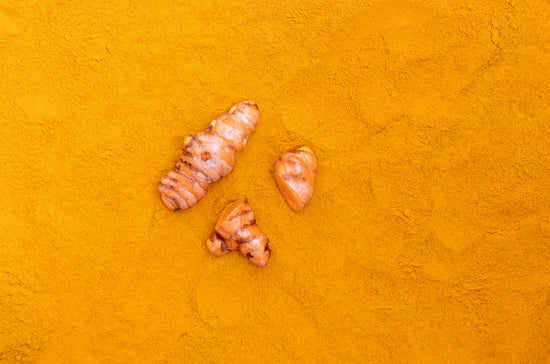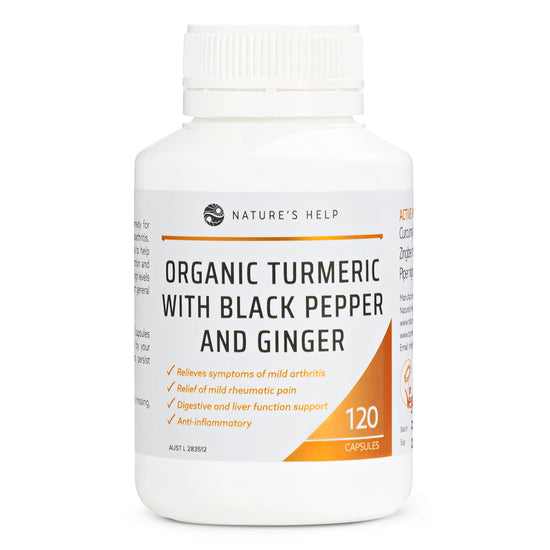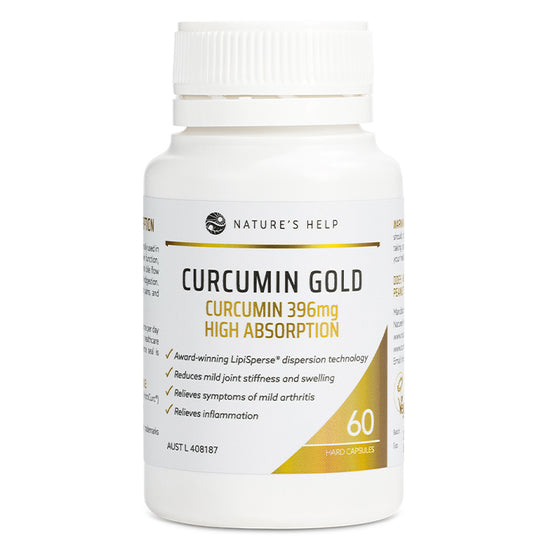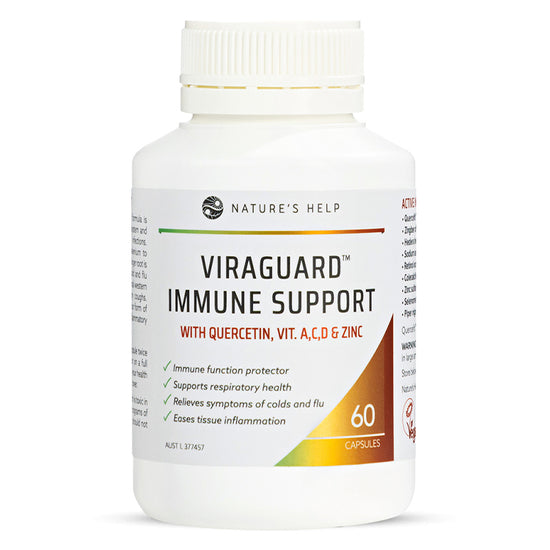Our pets are our family too. We cry buckets when they pass away and have a small funeral in their honour; recognition of the pleasure they gave us in their short lives. And because they are a family member, we should treat them as we treat ourselves. Just as our joint health deteriorates, so do our dog’s joints, and this is in large because of what we feed them.
The first processed canned dog food came onto the market in the 1920’s and manufacturing steadily increased through the decades and pet lovers were feeding their dogs a combination of canned food and leftover scraps. But research has emerged that this is not the best health option for your pets.
Dogs are carnivores and designed to eat bones. Their digestive system cannot process starch and carbohydrates found in plant matter. Vegies are not intended for a dog’s diet but raw beef bones are perfect. The chewing action actually cleans the dog’s teeth and dogs take nourishment from the bone marrow. Raw chicken wing tips and feet add glucosamine to their diet.
Joint health is critical for a dog, so they can run and exercise. They get arthritis just as readily as humans. There are limited ways to combat the pain and swelling when the bones rub against one another. Once the cartilage wears down, dogs will experience great discomfort. They have dull throbbing aches, created by the buffer zone depletion between the joints. The friction of bone on bone causes a build-up in lactic acid, resulting in inflammation.
Have you noticed that your dog has difficulty jumping up into the Ute or groans as he sits on his favourite bed? He may even limp. If so, you are seeing the first signs of osteoarthritis in your dog. From age 7 and up – these are considered a dog’s senior years and arthritis may quickly become a concern. The effects of arthritis cannot be reversed, but they can be managed.
Scientists have discovered that low-grade inflammation is a major driver of arthritis and joint degeneration. As a solution and as a preventative, turmeric treats dogs effectively. Turmeric is a flowering plant that belongs to the ginger family; a medicinal herb that is most commonly turned into a spice. It’s health benefits have been praised for centuries.
It is well established as a natural painkiller and anti-inflammatory agent. Recent research has found that curcumin found in turmeric (its active ingredient) is just as effective as Ibuprofen for reducing pain and inflammation. The National Center for Biotechnology has conducted numerous studies and attributes various significant health benefits to turmeric.
Bear in mind that turmeric hasn’t been studied exclusively for pets. Along with testimonials from vets, data is stacking up in favour of feeding turmeric daily to your dog. If your dog is on steroids for joint pain, speak to your vet about implementing turmeric supplements to your dogs diet.
Curcumin in turmeric is tough for dogs to absorb, so the recommendation is to combine turmeric with coconut oil. Absorption is thus increased significantly.
With a huge surge in popularity, there are unscrupulous traders wanting to make a quick dollar by selling inferior quality products. Rogues package and mix turmeric with other ingredients and artificial colours. So, a couple of tips to consider before buying turmeric for dogs or yourself.
-
Make sure the turmeric is TGA approved.
-
Buy from a reputable company. www.turmericaustralia.com.au
-
Check the capsule per mg content.
As per the Turmeric Australia website, the following is their recommended doggie dosage. It is a starting point for you to gauge the results. Due to curcumin leaving the body it is better to feed turmeric in smaller amounts, a few times a day.
General turmeric dosage recommendations for dogs:
-
SMALL DOGS should start with about 1/4 teaspoon per day
-
MEDIUM DOGS can start with 1/2 teaspoon per day
-
LARGE DOGS can start with 3/4 teaspoon per day
To make Turmeric Golden Paste:
- ½ cup ground turmeric
- ½ tsp ground ginger
- ¼ tsp of black pepper and a pinch of salt
- ½ tsp cinnamon
- Dash of honey or maple syrup
- 3 tbsp of coconut oil
- 1 cup of water
- Simmer the ingredients for 7-10 minutes, until the paste thickens. Allow cooling then stir in the coconut oil. Once cooled, store in the fridge for 2-3 weeks.
- Take care though as the yellow powder stains everything. Your benchtops, utensils & cloths. Don’t throw it around like flour.
- Add the Turmeric paste to either wet or dry dog food. If your pet is fussy, put a couple of capsules in their food. The capsules are vegetable-based, making it easier to hide.










